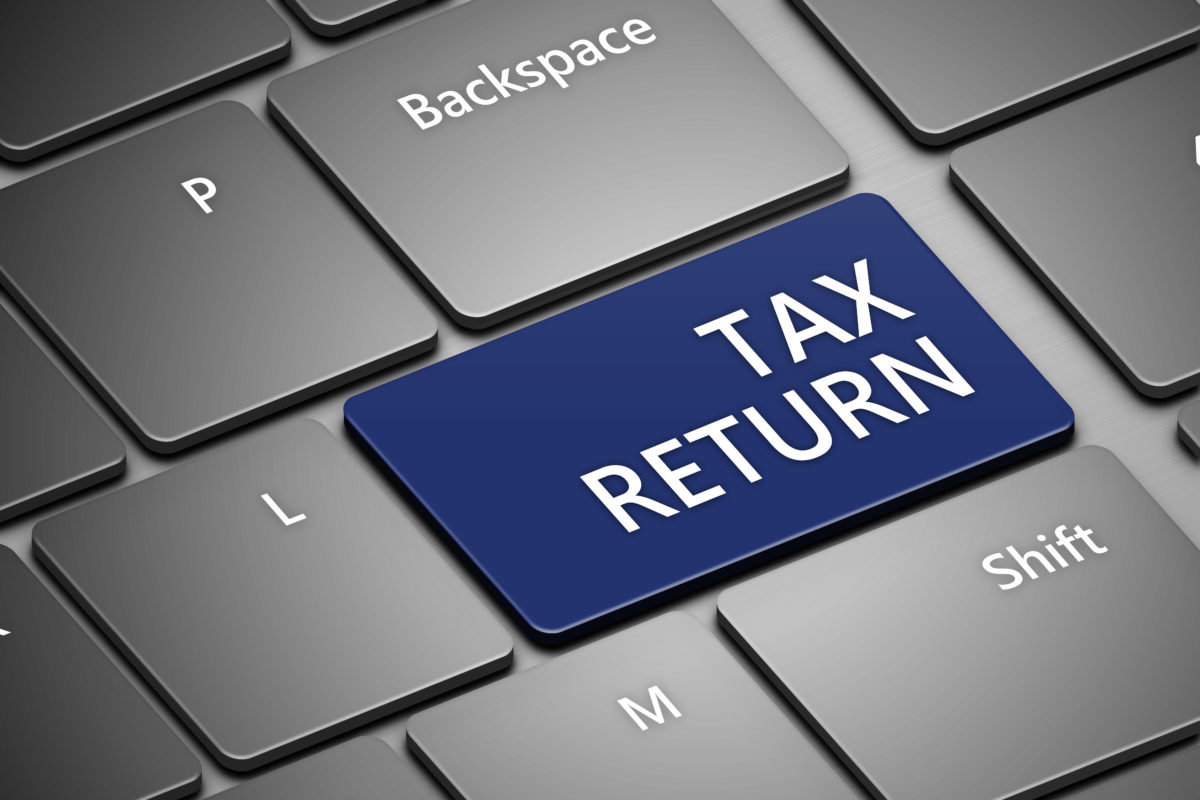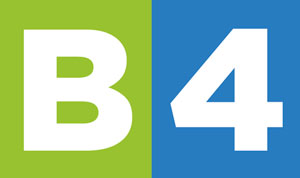
HMRC agree delay in tax return deadline
HMRC has announced that late filing penalties will be waived for taxpayers that file their 2020-21 Self-Assessment returns by 28 February 2022.
The due date of 31 January 2022 remains and HMRC is still encouraging taxpayers to try and meet this deadline. Taxpayers should try and pay their tax bill by 31 January 2022 as interest will accrue from 1 February 2022 on any outstanding liabilities.
There had been concerns from Self-Assessment taxpayers and their agents for the government to soften its stance on late filing penalties in view of the continuing pandemic. The confirmation that no late filing penalty will be issued, giving one month’s grace has been broadly welcomed.
HMRC expects more than 12.2 million people to complete a Self-Assessment tax return for the 2020-21 and almost 6.5 million returns have already been submitted.
HMRC’s Deputy Chief Executive and Second Permanent Secretary, said:
‘We know the pressures individuals and businesses are again facing this year, due to the impacts of COVID-19. Our decision to waive penalties for one month for Self-Assessment taxpayers will give them extra time to meet their obligations without worrying about receiving a penalty.’
There are also a number of options for taxpayers to defer payments due on 31 January 2022 and pay by instalments over 12 months. This includes using the self-serve Time to Pay facility online for debts up to £30,000 or by making an arrangement with HMRC.
More in Accountants

Why having an audit can boost your business
Many directors will wince at the prospect of an audit, seeing it as a necessary evil to meet statutory obligations.

FRC Proposes Major Overhaul of Auditing Standards
In a bold move, the Financial Reporting Council (FRC) has unveiled proposed changes to auditing standards that could have a major impact on the financial world, according to chartered accountants and business advisors Whitley Stimpson.

Whitley Stimpson shines as finalist for top national award
Service Charge Accountancy specialist Jonathan Walton of Whitley Stimpson has been recognised for his outstanding work in the field by being shortlisted for a prestigious property industry award.
From this author

Overview of Digital Services Tax (DST)
The UK’s Digital Services Tax (DST) came into operation on 1 April 2020. This tax is designed to ensure that the major social media, search engine and online retailers are subject to a 2% tax on revenues generated from the participation of UK users of their services.

Are you registered for Making Tax Digital for VAT?
Making Tax Digital (MTD) for VAT is to be extended to cover businesses with a turnover below the VAT threshold from April 2022.

Tax relief for working from home
If you are an employee working from home, you may be able to claim tax relief for some of the bills you pay that are related to your work.


